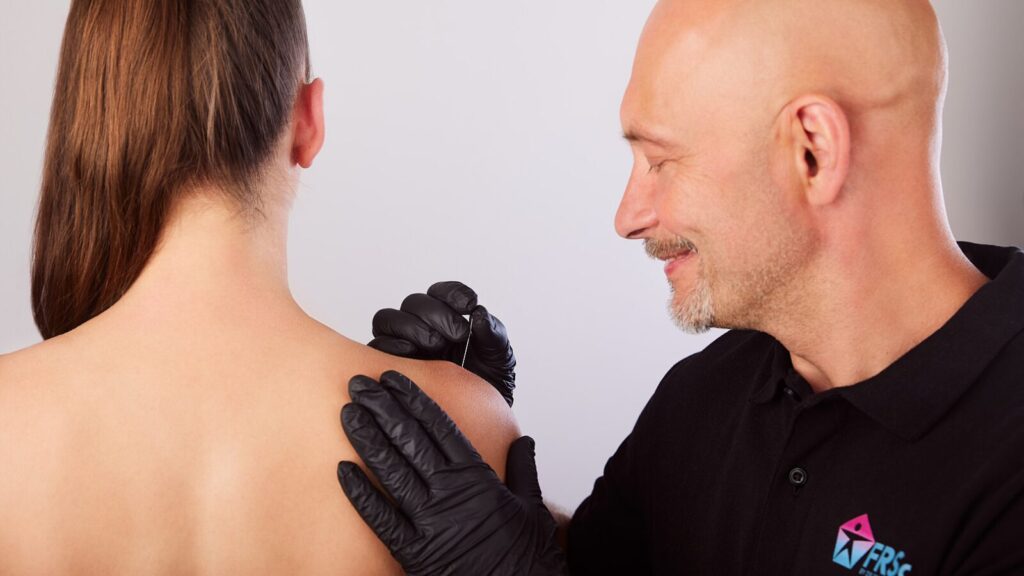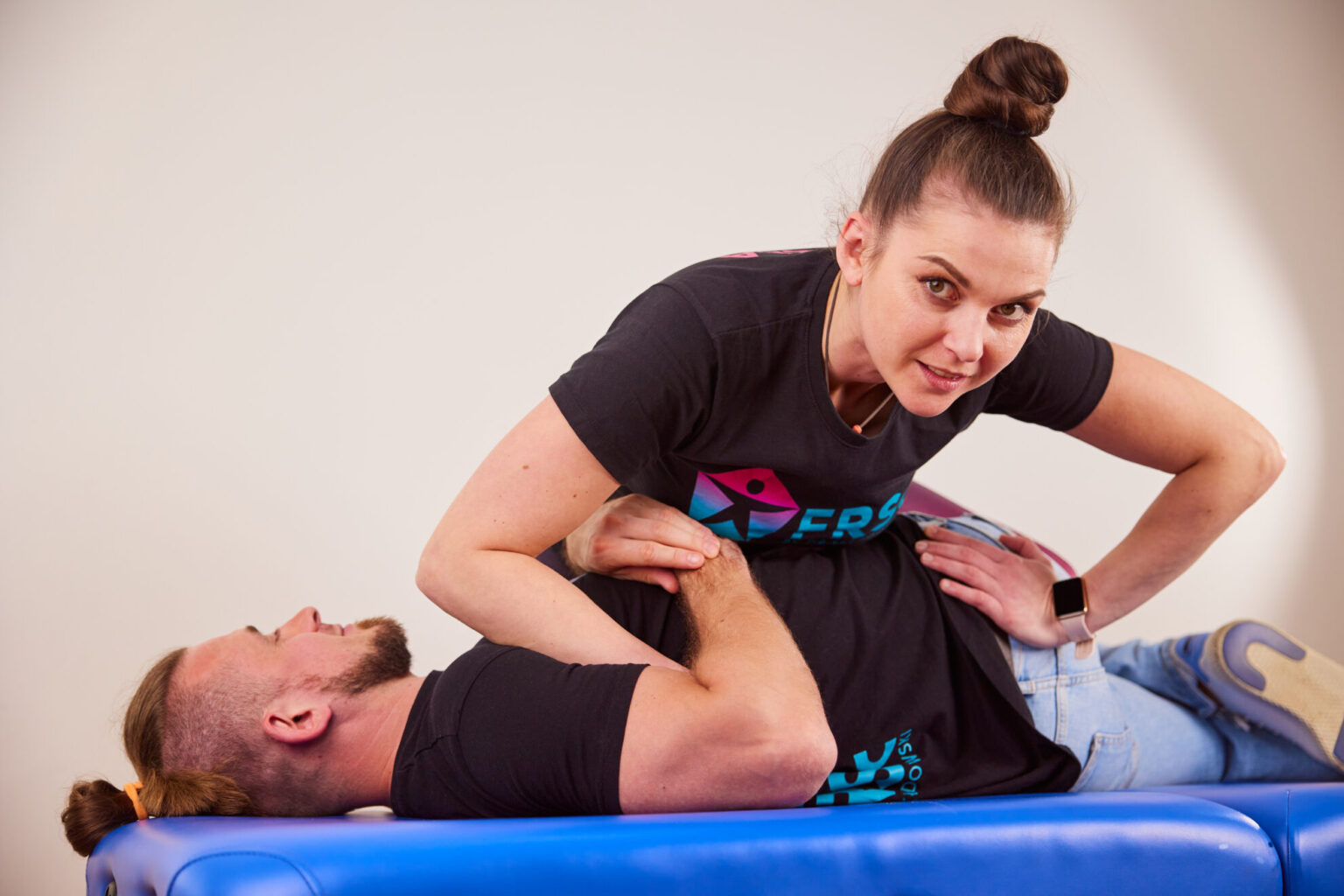Can a physiotherapist break the continuity of tissue (skin)? Does the National Chamber of Physiotherapists (KIF) prohibit physiotherapists from using dry needling.Is it allowed only after completing a specialization course?Can a physiotherapy student take a dry needling course and perform such procedures?What about massage therapists?
Such questions keep coming back, generation after generation of physiotherapists. In this article, I will try to demystify the common belief that a physiotherapist (or a massage technician) cannot break the continuity of the skin, thus supposedly being prohibited from using dry needling. Let’s clarify
Does the law prohibit physiotherapists from breaking the skin?

However, if such procedures involve breaking tissue during health services, proper infection control measures must be implemented (based on the Act on Preventing and Combating Infections and Infectious Diseases in Humans).Thus, breaking human tissue may occur not only in healthcare but also in cosmetic procedures or tattoo services.
Since even non-medical professionals can break tissue (with proper protocols), there is no reason physiotherapists (representatives of a medical profession) would be prohibited. However, competence is required to perform such procedures safely.
As a physiotherapist, do I need to obtain additional qualifications to perform dry needling procedures?
It is worth noting that Article 4, Section 2 of the Act on the profession of physiotherapist does not list dry needling among the professional competencies of physiotherapists. Some draw the conclusion from this that a physiotherapist is not therefore authorized to apply therapies or procedures other than those explicitly listed in the cited article. However, this conclusion goes too far and, moreover, contradicts the wording of the provision itself. The provision only includes exemplary health services falling within the competencies of physiotherapists. According to its wording: "the practice of the physiotherapist profession involves the provision of health services, in particular"…”Since it says "in particular", it does not mean "exclusively".
Therefore, if a physiotherapist acquires further professional qualifications, it can be assumed that, as a representative of a medical profession, they will be able to perform specific procedures (e.g., dry needling) as part of providing health services.
Does the Polish Chamber of Physiotherapists (KIF) "prohibit" physiotherapists from performing dry needling procedures?
Since KIF recommends how to safely apply dry needling in physiotherapy, it is unreasonable to claim that it simultaneously prohibits physiotherapists from practicing this therapy.
Can a physiotherapist perform dry needling only after completing a specialization training course?
The legislator has not introduced restrictions regarding the organizers of dry needling training. Therefore, it should be assumed that a physiotherapist (or another representative of a medical profession) can also acquire dry needling competencies after completing a different type of training than specialization—e.g., a course conducted by a continuing education institution.
Can a massage therapist perform dry needling?
A massage therapist, like a physiotherapist, is a representative of a medical profession. They can provide health services within the scope of their competencies. The current curriculum for massage therapists does not include dry needling. However, a massage therapist can acquire competencies in this area after obtaining their professional title—for example, as part of their ongoing training obligations.In other words, by participating in a dry needling course (e.g., an advanced training course).
Can a student of physiotherapy or medicine take part in a dry needling course?
However, it should be understood that completing such a course does not grant a student the competence to perform health services. Until graduation (or, additionally, passing specific professional exams), they will not hold the status of a representative of a medical profession.
adw. Joanna Składowska
BIELAŃSKI, SKŁADOWSKAAdvocates and legal counsels
ul. Otwinowskiego 4, I piętro, 31-432 Kraków





